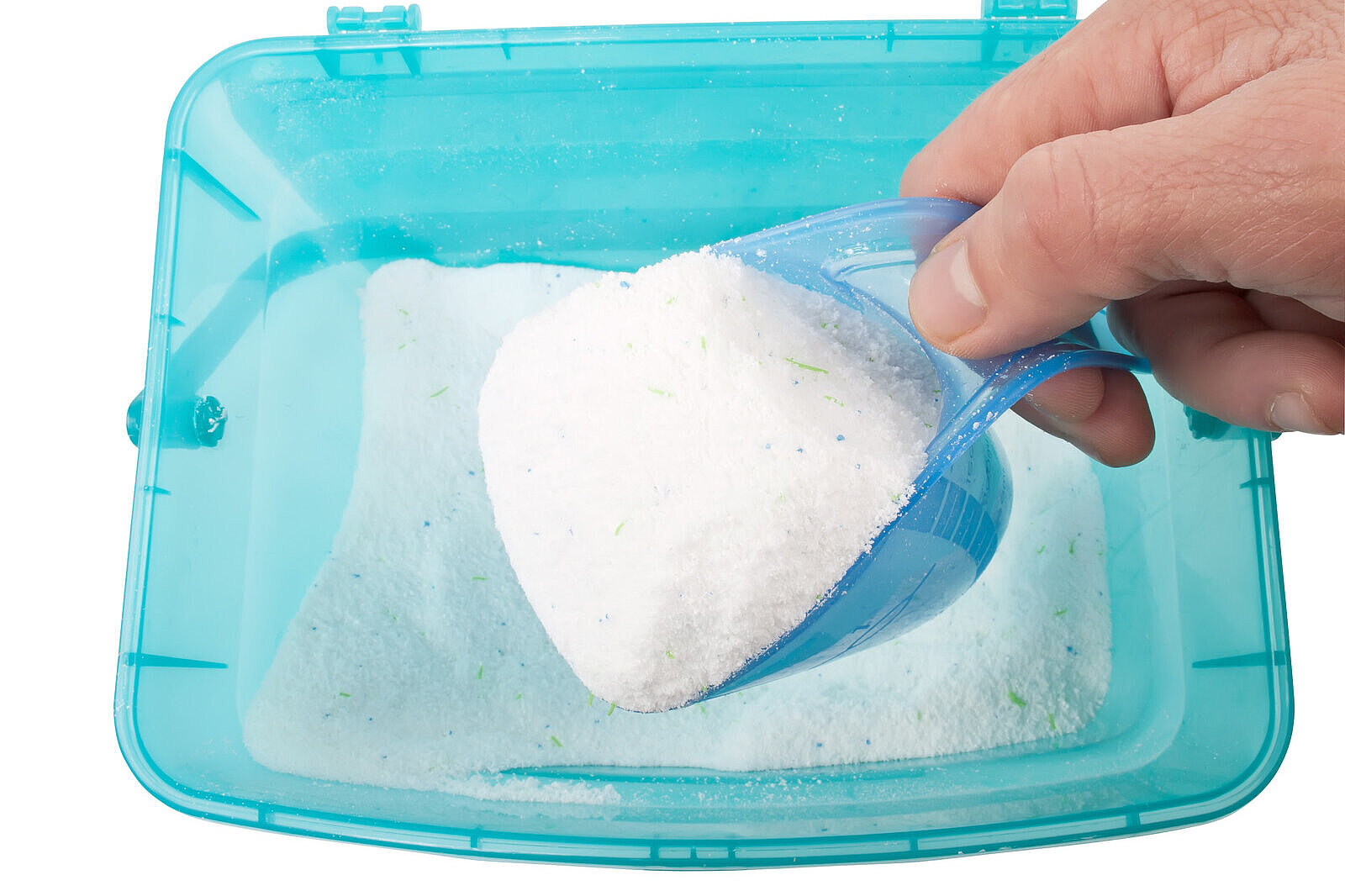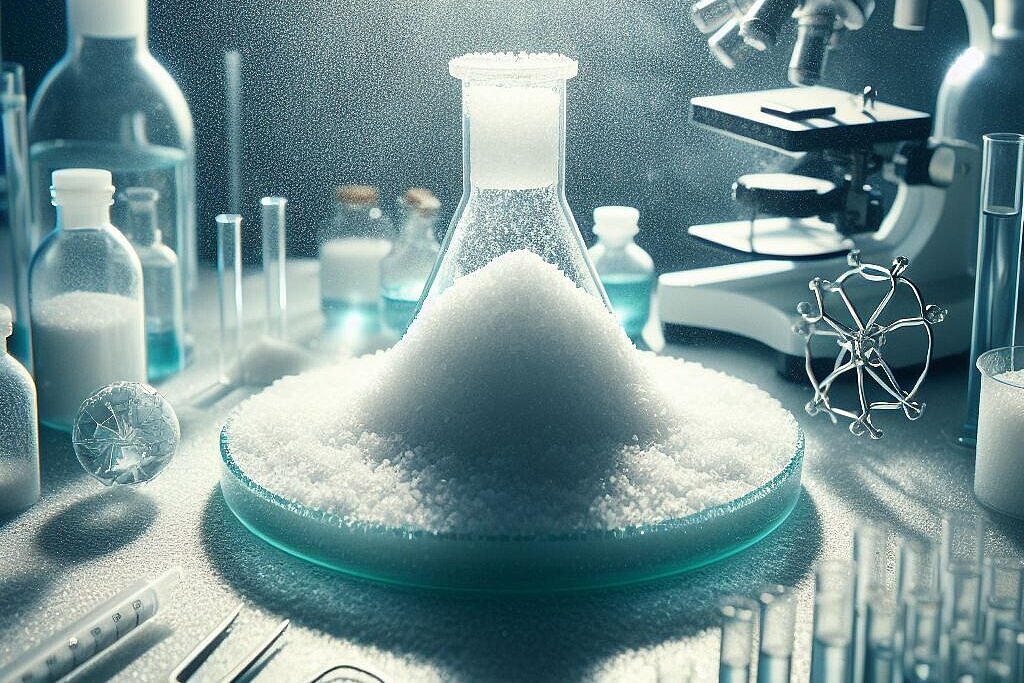Sodium selenide

In the world of animal nutrition, choosing the right nutrients plays a crucial role in the health and well-being of our four-legged friends. Sodium selenite, an inorganic form of the essential trace element selenium, has attracted both attention and controversy in this regard. This article dives deep into the topic of sodium selenite to shed light on its benefits and potential drawbacks for dogs.
What is sodium selenite?
Sodium selenite (Na2SeO3) is an inorganic compound of selenium, a trace element known for its antioxidant properties. It is often used in the diet of animals, including dogs, as a dietary supplement to meet selenium requirements. Selenium plays an important role in metabolism by supporting cellular health and strengthening the immune system.
The role of selenium in dog nutrition
Selenium is a key element in the function of glutathione peroxidase, an enzyme that protects cells from oxidative stress. It supports thyroid function, reproductive health and contributes to the prevention of heart disease. Despite its importance, selenium is toxic in excessive doses, so supplementation must be carefully controlled.
Benefits of sodium selenite for dogs
Improved cell health and immunity
Supplementing a dog's diet with sodium selenite can improve the body's antioxidant capacity, protect cells from free radical damage and boost the immune system. This is especially important for growing dogs, older dogs or dogs suffering from various health conditions that weaken their immune system.
Support for thyroid function
Selenium is essential for the synthesis of thyroid hormones, which regulate the metabolism. Adequate selenium intake through sodium selenite can help prevent thyroid problems and maintain a healthy metabolism.
Disadvantages and risks
Toxicity risk
Although selenium is vital in small amounts, an overdose can lead to selenosis, a toxic reaction to too much selenium. Symptoms of selenium toxicity in dogs can include hair loss, lethargy, diarrhea and, in severe cases, neurological problems.
Controversial supplementation
The use of sodium selenite in dog food is controversial, with some studies suggesting that the inorganic form of selenium is less bioavailable and potentially more toxic than organic forms such as selenomethionine. The debate centers on whether sodium selenite is the safest and most effective method of supplementing selenium in a dog's diet.
Sodium selenite as a source of selenium in a dog's diet offers both benefits and potential risks. It is undeniable that selenium is an essential trace element that supports important functions in the body. However, the use of sodium selenite requires careful consideration and monitoring to maximize the benefits and minimize the risk of overdose. Dog owners and veterinarians should work together to ensure a balanced diet that meets essential nutrient requirements without compromising the dog's health. Ultimately, the goal should always be to improve the quality of life of our faithful companions through a safe and healthy diet.
If you notice any signs of hypersensitivity or poisoning in your dog, you should see your vet immediately. We are not a substitute for a vet, but we try to be as accurate as possible. Every dog reacts differently and we recommend you get a second opinion or consult your vet if in doubt.
Stay healthy and take good care of your four-legged friend!😊
Similar to Sodium selenide
Sodium sulphate is a white, crystalline powder that dissolves well in water. It has the chemical formula Na2SO4 and is also known as Glauber's salt. Sodium sulphate can be obtained from natural...
Sodium chloride fulfills several important functions in the dog's body. Firstly, it is involved in the production of hydrochloric acid in the stomach, which is necessary for digestion. Secondly, it...
Potassium selenite (K2SeO3) is an inorganic compound that contains selenium in an easily absorbable form. Selenium itself is an essential trace element that is essential in the diet of humans and...
Sodium iodide (NaI) is an iodine salt that is rarely found in its pure form in nature, but plays a role in many aspects of human and animal nutrition. As a source of iodine, sodium iodide supports...



